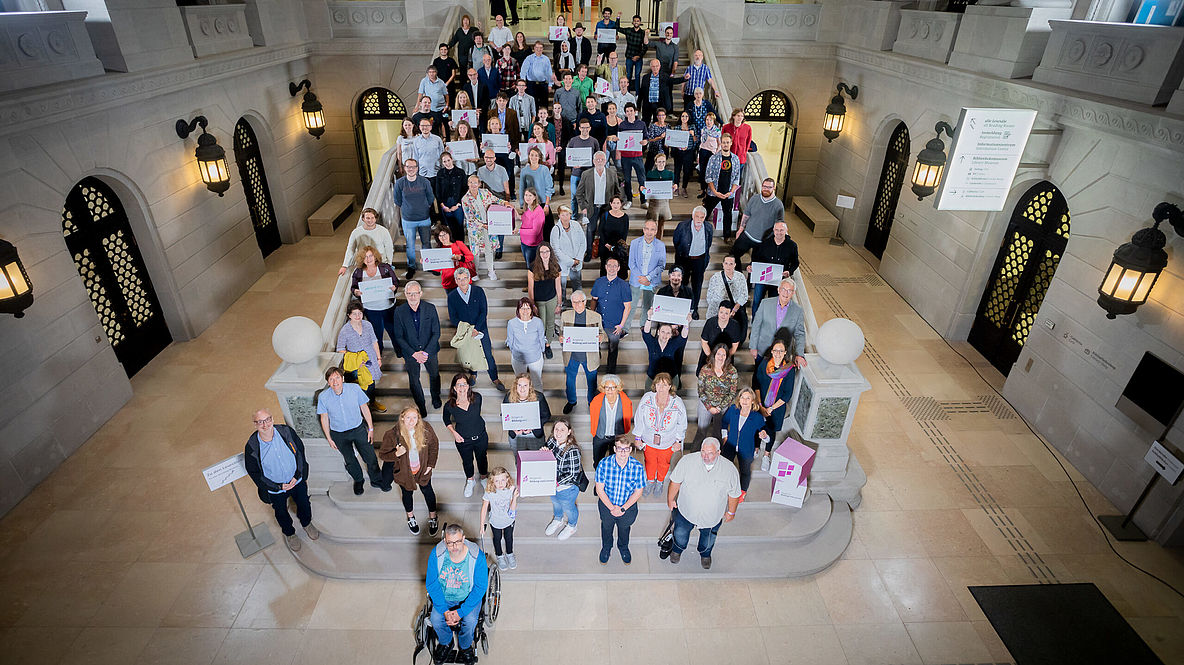How to use citizens' assemblies permanently

Randomly selected citizens' assemblies are currently mostly a democracy tool that is used on an occasional and thus irregular basis. However, such assemblies can also be a permanent instrument to support political decision-making. The Organisation for Economic Co-operation and Development (OECD) has therefore compiled eight models for institutionalising citizens' assemblies and similar deliberative procedures in a guide.
The guide provides examples of how structures can be created to enable deliberative processes to become an integral part of political decision-making.
Eight models to consider for implementation:
1. Combining a permanent citizens’ assembly with one-off citizens’ panels
2. Connecting representative public deliberation to parliamentary committees
3. Combining deliberative and direct democracy
4. Standing citizens’ advisory panels
5. Sequenced representative deliberative processes throughout the policy cycle
6. Giving people the right to demand a representative deliberative process
7. Requiring representative public deliberation before certain types of public decisions
8. Embedding representative deliberative processes in local strategic planning
Why permanent citizens' assemblies?
Permanent citizens' assemblies make it easier for MPs and local councillors to make difficult decisions. This is especially true when it comes to decisions with long-term implications, such as on climate change, biodiversity, new technologies, urban planning, infrastructure and investment.
Permanent citizens' assemblies increase public trust in political decision-makers. A one-off citizens' assembly can make a difference, but it is the regular practice of deliberative democracy that allows people and decision-makers to build mutual trust.
Permanent citizens' assemblies make deliberative processes simpler and less costly. Costs and resources are saved by not having to start from scratch each time.
Strengthening democracy
Adding deliberation and sortition to democracy extends the privilege of representation to a much larger group of people. This strengthens people's capacity to act, harnesses collective skills and awakens a collective consciousness that connects people to each other and to something bigger than themselves.
Citizens' assemblies often lead to higher levels of political efficacy among members of the assemblies and the public at large. Seeing "people like me" participate in complex public decision-making processes can have a similar effect on those who are not directly involved but witness the proceedings.
The institutionalisation of citizens' assemblies reinforces the positive effects of participation on perceptions of oneself and others. It also strengthens social trust and cohesion among each other.
In this sense, the OECD guidelines on the permanent use of citizens' assemblies are a helpful guide.
Read more: Eight ways to institutionalise deliberative democracy